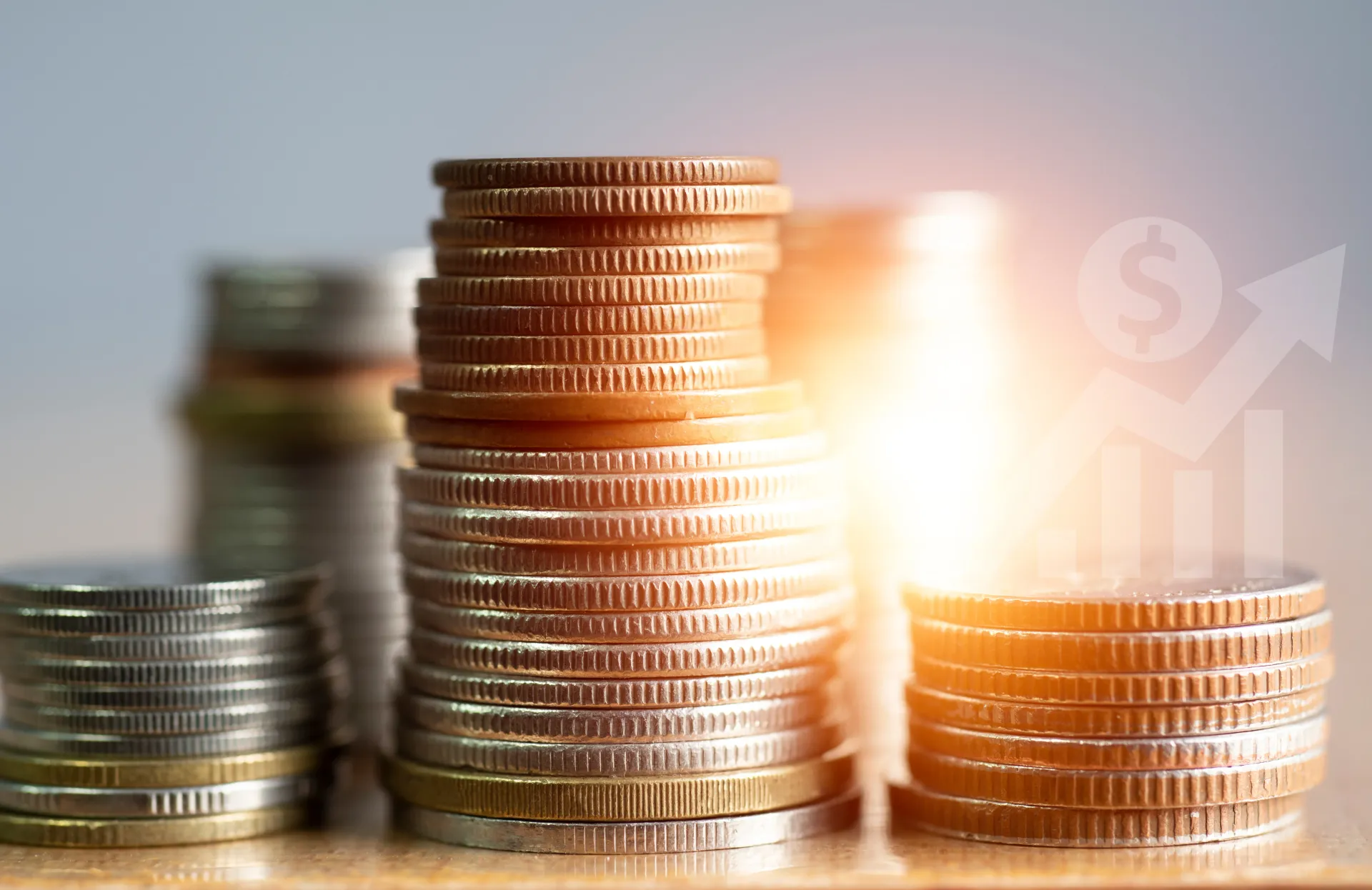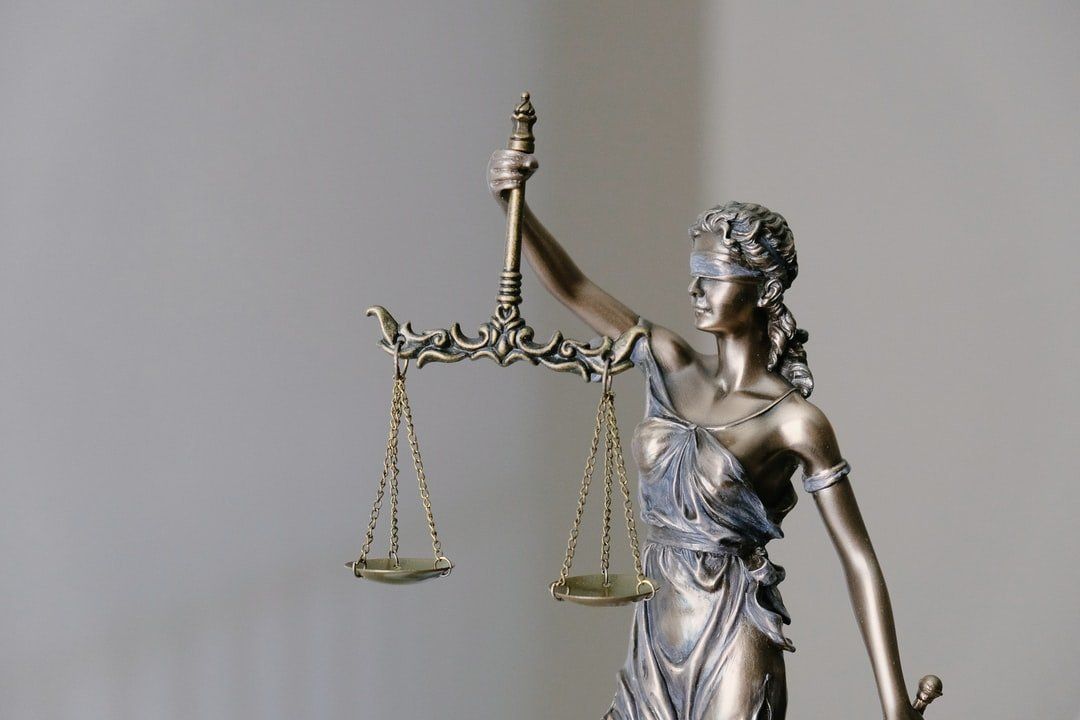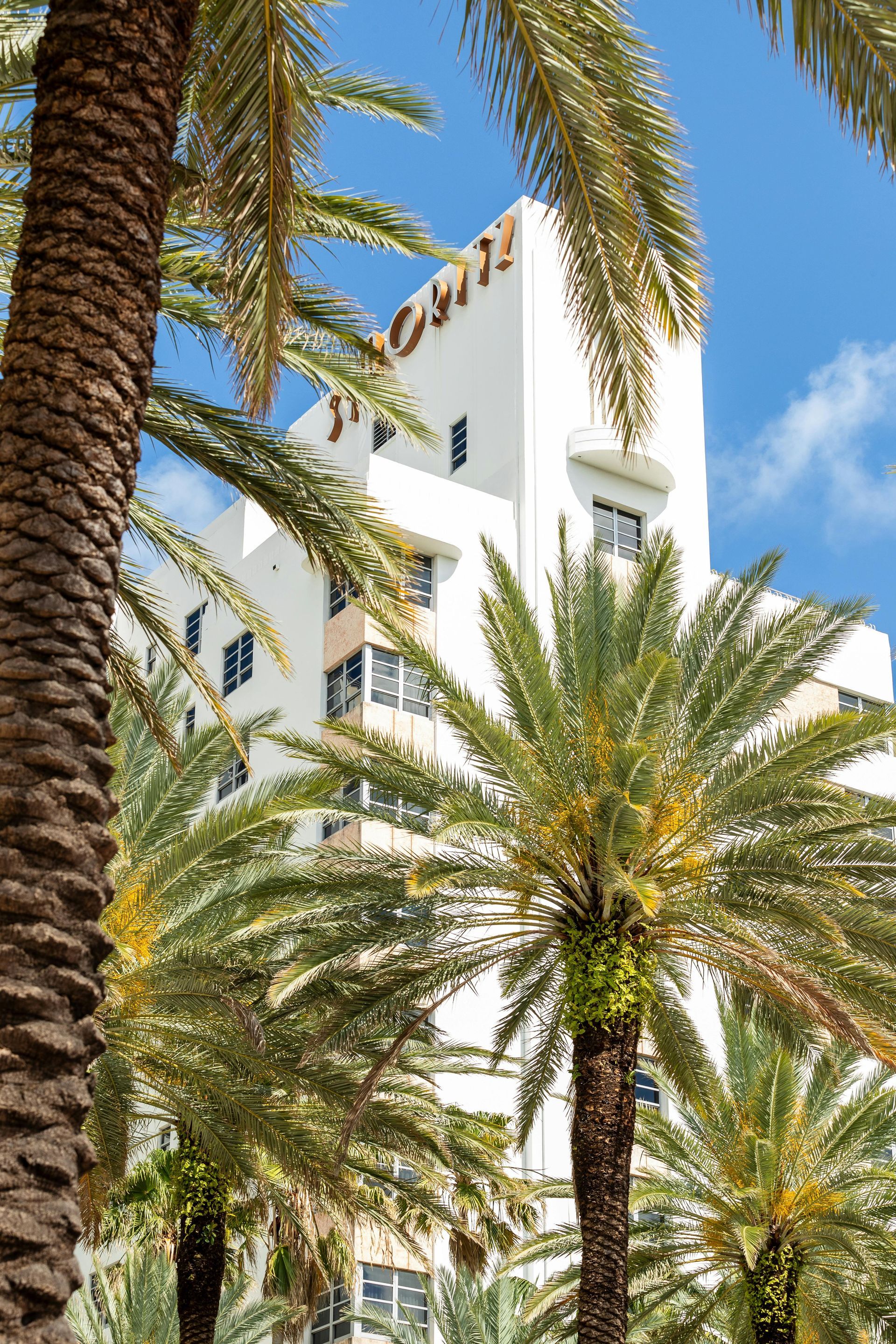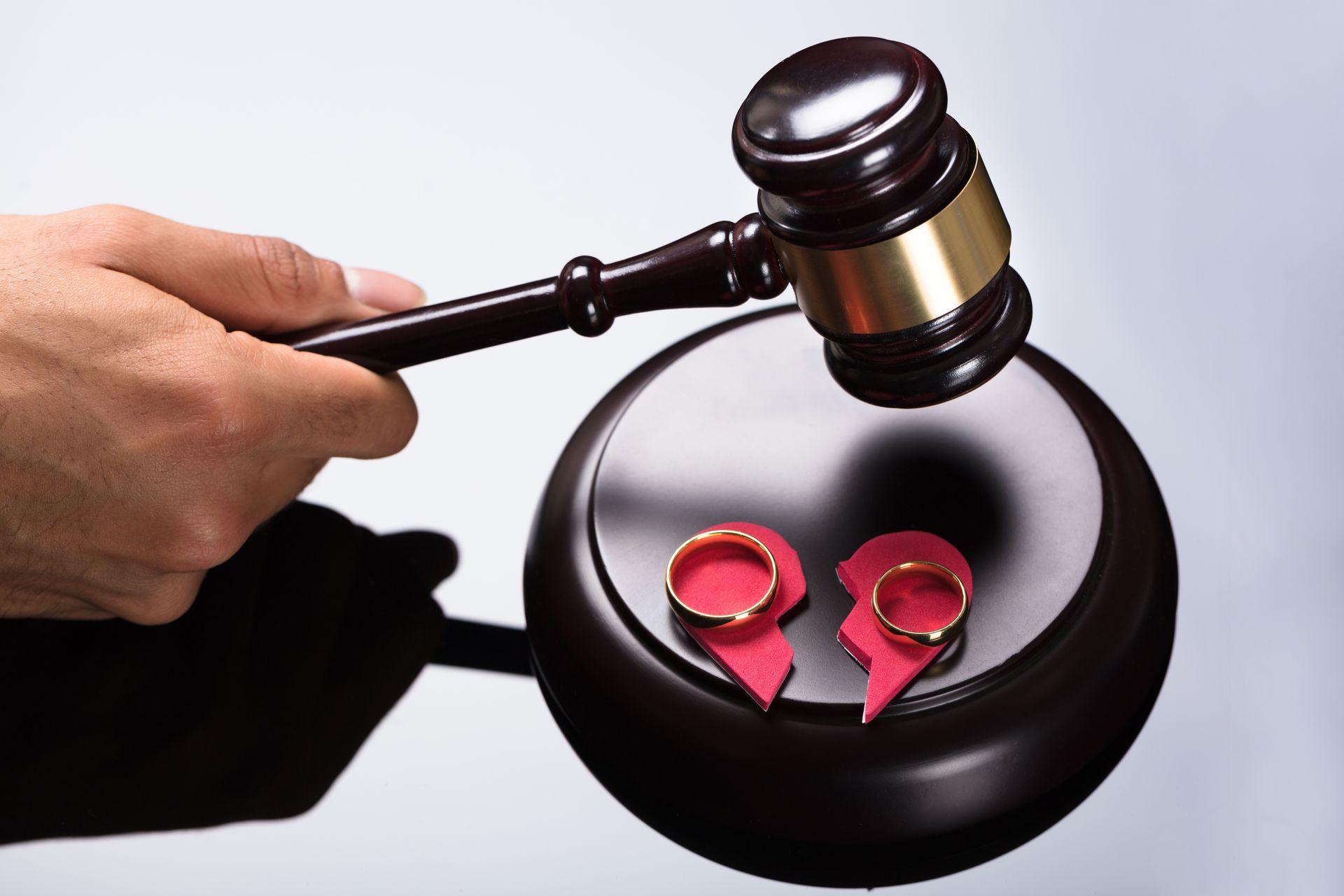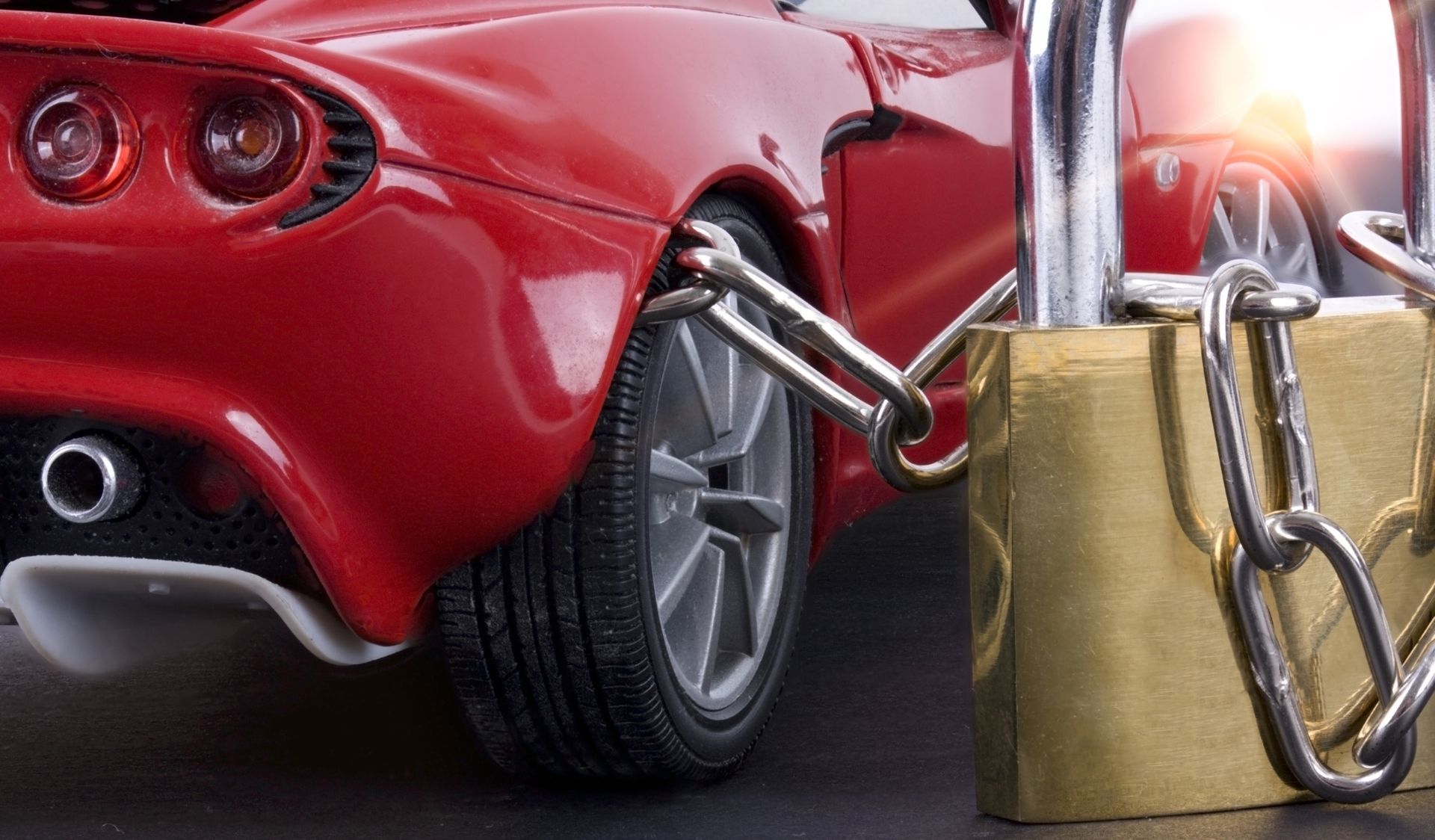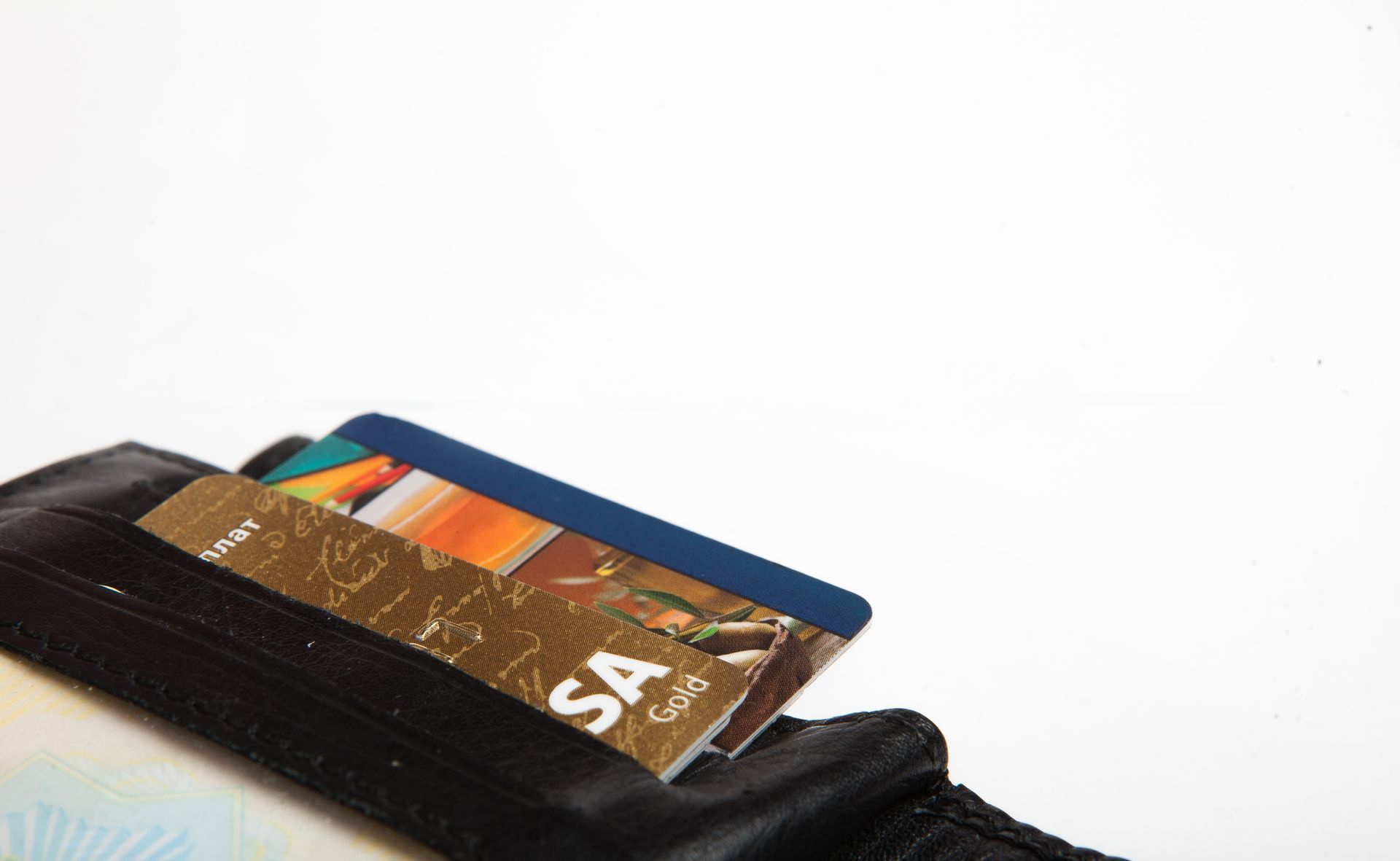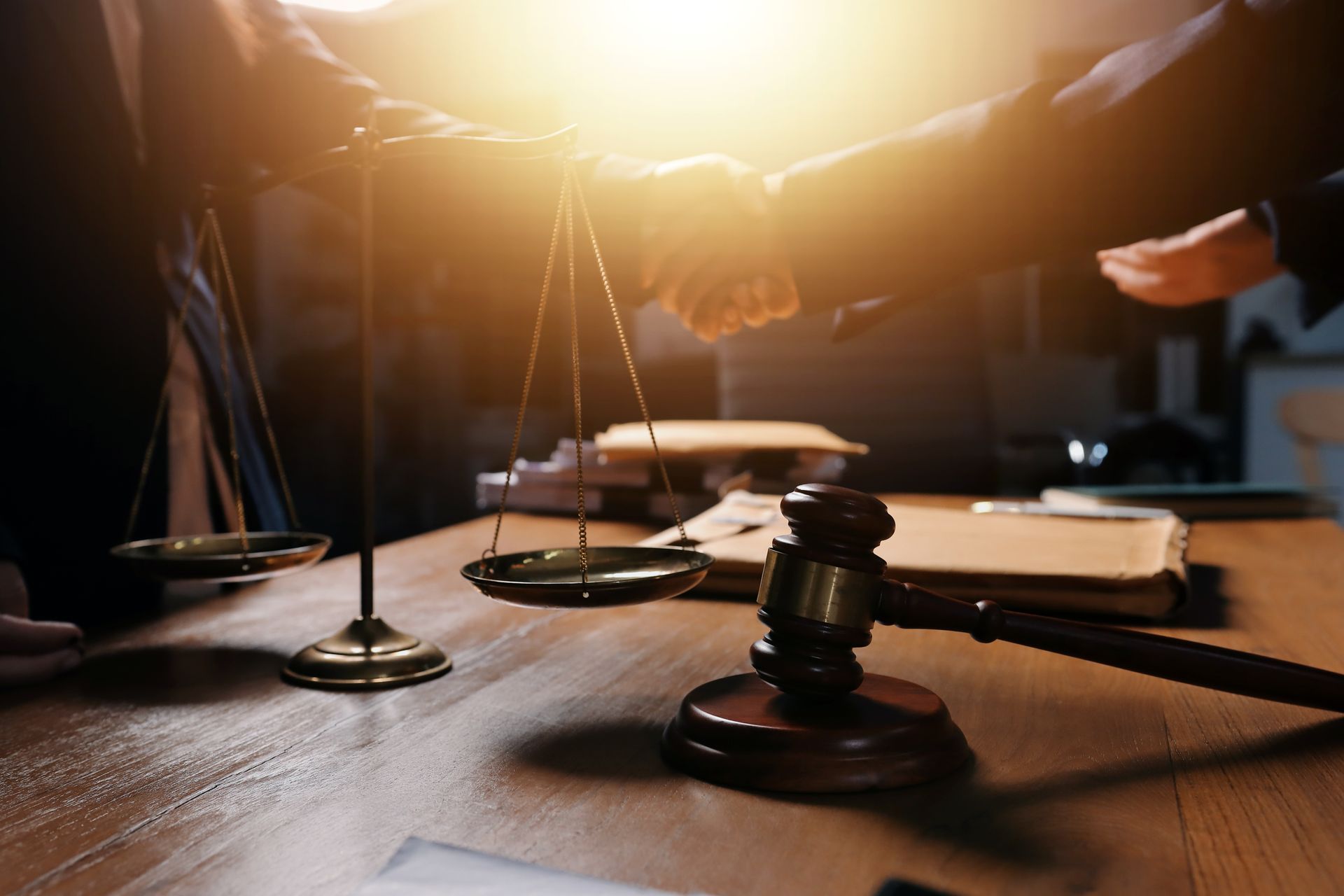Filing for Bankruptcy While Unemployed in Florida: Is It a Good Idea?
Filing for Bankruptcy While Unemployed in Florida: Is It a Good Idea?
Losing a job can be overwhelming—especially if bills are piling up and creditors are calling. For many Floridians, unemployment raises a critical question: Should I file for bankruptcy now, or wait until I’m back on my feet?
Bankruptcy can provide powerful financial relief, but timing matters. Here’s what you need to know if you’re considering bankruptcy while unemployed in Florida.
Understanding Bankruptcy in Florida
Florida residents who file for bankruptcy must follow Florida’s state exemptions, including its well-known homestead exemption, which often protects primary residences regardless of equity value. Whether you file under Chapter 7 or Chapter 13, your employment status will affect how the court reviews your case.
Filing Chapter 7 While Unemployed
Chapter 7 bankruptcy is often called a “liquidation bankruptcy.” It can discharge unsecured debts such as:
- Credit card balances
- Medical bills
- Personal loans
Because Chapter 7 requires you to pass a means test—a review of your income compared to Florida’s median household income—being unemployed may actually improve your chances of qualifying.
Key Point: If you have little or no income, you may meet the income threshold more easily. However, you’ll need to show that your unemployment is genuine and not a temporary tactic to qualify.
Filing Chapter 13 While Unemployed
Chapter 13 bankruptcy is different. It’s a repayment plan that allows you to catch up on secured debts (like a mortgage or car loan) over 3 to 5 years. Because Chapter 13 requires regular monthly payments, unemployment makes it much harder to qualify unless you have another reliable source of income, such as:
- Spousal income
- Rental income
- Retirement benefits
Without steady income, most courts will not approve a Chapter 13 plan.
Factors to Consider Before Filing
Before moving forward, think about:
- How long you expect to be unemployed.
If you anticipate finding work soon, waiting could provide more options. - Whether you are facing foreclosure or repossession.
Filing now may trigger the automatic stay, which temporarily halts creditor actions. - The type of debt you carry.
Unsecured debt is more likely to be discharged in Chapter 7, making immediate filing more attractive. - Your assets.
Florida’s exemptions—especially the homestead exemption—can protect significant property, but not all assets are covered.
Is Filing While Unemployed a Good Idea?
For many Floridians, the answer depends on the type of bankruptcy:
- Chapter 7: Often a practical option if you’re unemployed, especially if debt is overwhelming and there’s no realistic way to pay it back.
- Chapter 13: Usually not an option without steady income.
In short, if you have little to no income and significant unsecured debt, filing while unemployed may be the right move. If you need to protect assets from foreclosure or repossession but lack income, timing your filing for when you regain employment may be more beneficial.
Next Steps
Bankruptcy is not one-size-fits-all. Florida law offers powerful protections, but the right path depends on your income, debts, and goals.
👉 Learn more about protecting your home and financial future here: Urich Law Bankruptcy Resources

